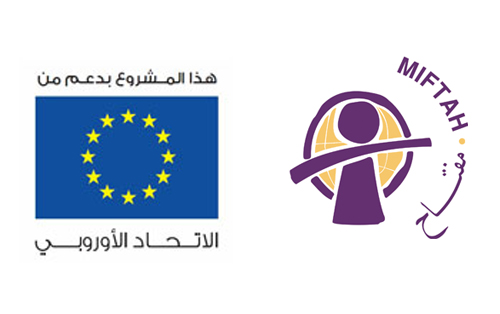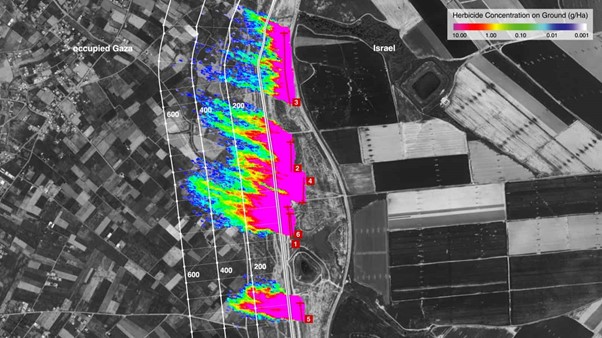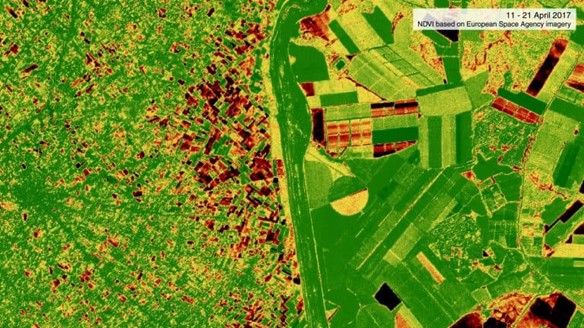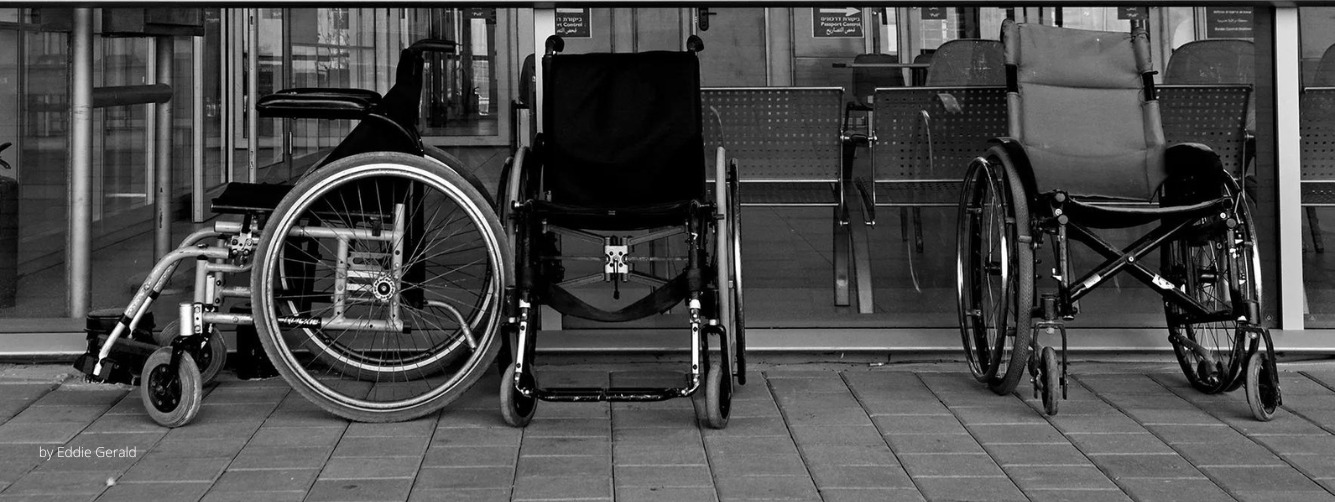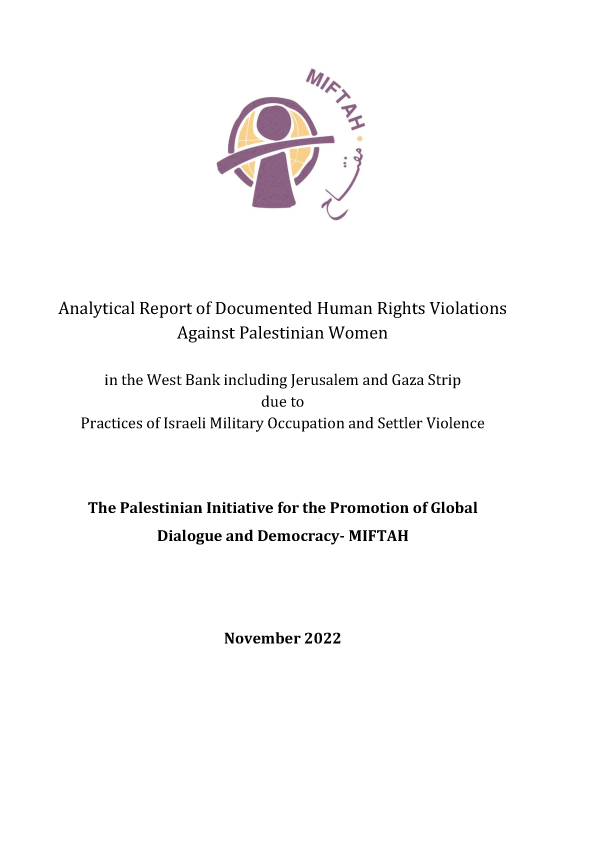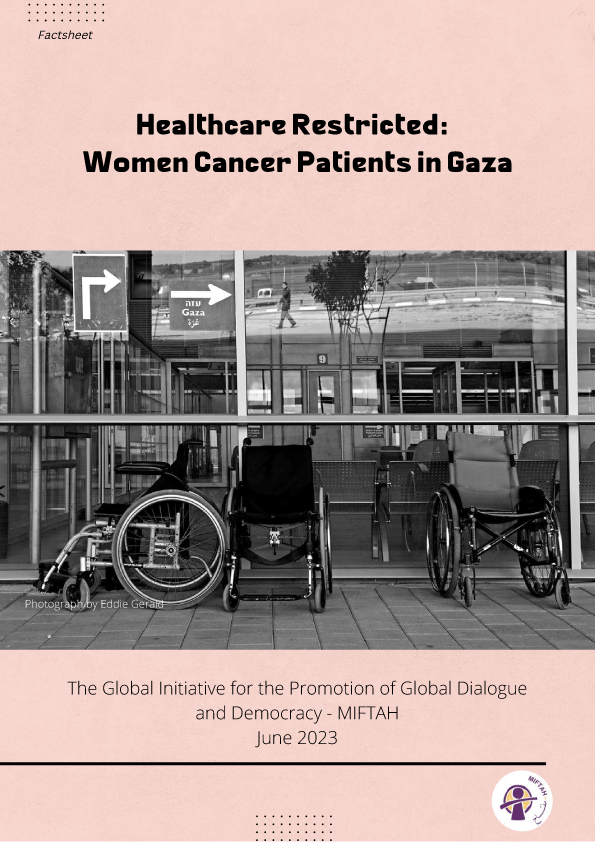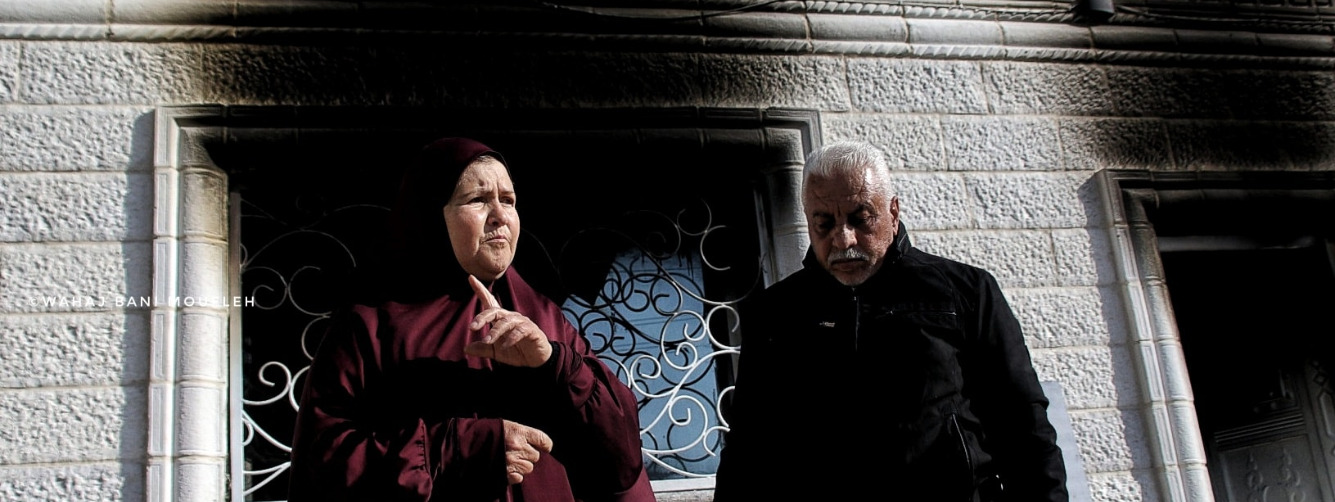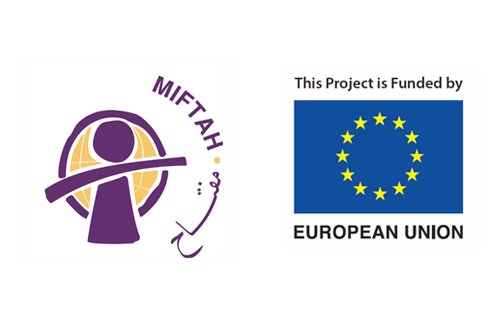
Facts:
- At the beginning of every year, Israel sprays chemical herbicides along the Gaza security fence, which extends to about 40 kilometers east of the Gaza Strip.
- Agriculture is the main source of livelihood and income of border area inhabitants. The area of agricultural lands on the borderline comprises 25% of the total agricultural area in the Gaza Strip, which is considered the main source of food therein.
- The total area of lands whose crops are damaged as a result of spraying herbicides is about 2,000 dunums. In 2020, the amount of physical damage to crops due to spraying toxic herbicides was 1.25 million U.S. Dollars.
- In the 2014-2018 period, Israeli chemical herbicides caused the destruction of 13,723 dunums of agricultural land.
- The area considered by Israel as a “buffer zone” between the fence and the Gaza Strip – which extends 300 meters into the Gaza lands – constitutes 25% of Gaza’s GDP. This area is the only source of livelihood for hundreds of poor families, whereas it mainly includes cultivated lands and represents a main food basket for the residents of Gaza. A total of about 30,000 Palestinian farmers work in this area.
- Israel conducts sudden spraying operations without prior warning in the months of April and December of each year. During these operations, Israel uses substances like Oxygal and Glyphosate, which are herbicides that destroy the vegetation and germination of plants. The droplets of these sprayed materials reach as far as 1,200 meters inside the Gaza Strip, thereby damaging winter and summer crops and plants and leading to substantial losses for Gaza’s farmers. In fact, the sprayed substances can stay inside the soil for 70-80 days as they take a long time to decompose. These substances also affect the quality of the soil and they weaken its fertility and cause serious damages to it.
- According to the Material Safety Data Sheet (MSDS) guide issued by the Israeli manufacturer of Oxygal, this substance can cause severe irritation if it comes in contact with the skin or eyes, whereas it must be used with special caution after isolating all living creatures from sprayed areas. This substance can also affect the livestock and damage their offspring and breeding. Therefore, the spraying process is a great threat to livestock, of which more than 70% are located on the borderline. Sudden spraying operations also affect and destroy beehives in the area.
- It is worth noting that the Israeli Supreme Court prohibited the use of these substances after a spraying operation was carried out in 2007 by the Israel Land Administration in fields belonging to unrecognized villages in the Negev. During its ruling, the Court considered these substances as a threat to the life and health of creatures (including human beings) and harmful to crops.
- The spraying of agricultural lands with chemical herbicides mainly takes places in two periods each year (December-January and April), in order to inflict maximum damage on winter and summer crops.
- Spraying operations are conducted in an abrupt manner without prior warning to farmers, and with the use of chemicals whose safety period is unknown.
- The Glyphosate substance is an active component in many herbicides used by Israel against Gaza’s agricultural lands. This substance can cause tumors/cancer in human beings.
- In the period of 11-22 January 2020, Israeli planes continuously sprayed chemical herbicides on agricultural lands east of the Gaza Strip,.
Negative Effects of Herbicides on Farmers and Agricultural Lands
- Herbicides pose a direct threat to the lives of creatures (human beings and livestock) if the latter eat plants that were sprayed with these chemicals. For example, these substances can cause an unnatural increase in weight in a dangerous manner.
- Many Palestinians lost their food security due to Israeli policies that aim to inflict damage on agricultural lands east of the Gaza Strip (especially in Khan Younis). These policies also affect Palestinian developmental plans because the agricultural sector is one of the most important developmental sectors in the country.
- Israel forces the farmers of the area to abandon their lands and lose their main source of income, thereby leading to their impoverishment and unemployment and undermining the economic and social stability of their families.
Recommendations
- Urge the global community and international organizations, especially the Food and Agriculture Organization (FAO) and World Health Organization (WHO), to conduct extensive investigations to expose the devastating effects of spraying herbicides. These parties should also perform their legal and moral duty of holding the Occupying Power accountable for the substantial damage to the agricultural sector in the Gaza Strip.
- Call on the international community to assist the Palestinian Ministry of Agriculture in establishing a special laboratory for analyzing plants that were subjected to herbicide spraying by the Israeli Army.
- Call upon the Human Rights Council and all relevant international organizations, agencies and bodies to take the necessary measures to stop the aerial spraying of herbicides.
- Adopt a clear mechanism for supporting the resilience of farmers east of Khan Younis and compensating them for their suffered damages. This mechanism should also assist in soil development and rehabilitation by providing agricultural antidotes to help farmers confront the harmful effects of Israeli herbicides.
References:
To View the Full Fact Sheet as PDF
This factsheet was prepared as part of the “Youth as Human Right Defenders” project funded by the European Union The content of this document does not reflect the official opinion of the European Union. Responsibility for the information and views expressed in the study lies entirely with MIFTAH.
Related Articles
By: MIFTAH
Date: 07/07/2021
Read More...
By: MIFTAH
Date: 07/06/2023
By: MIFTAH
Date: 17/05/2023
By: MIFTAH
Date: 26/04/2023




